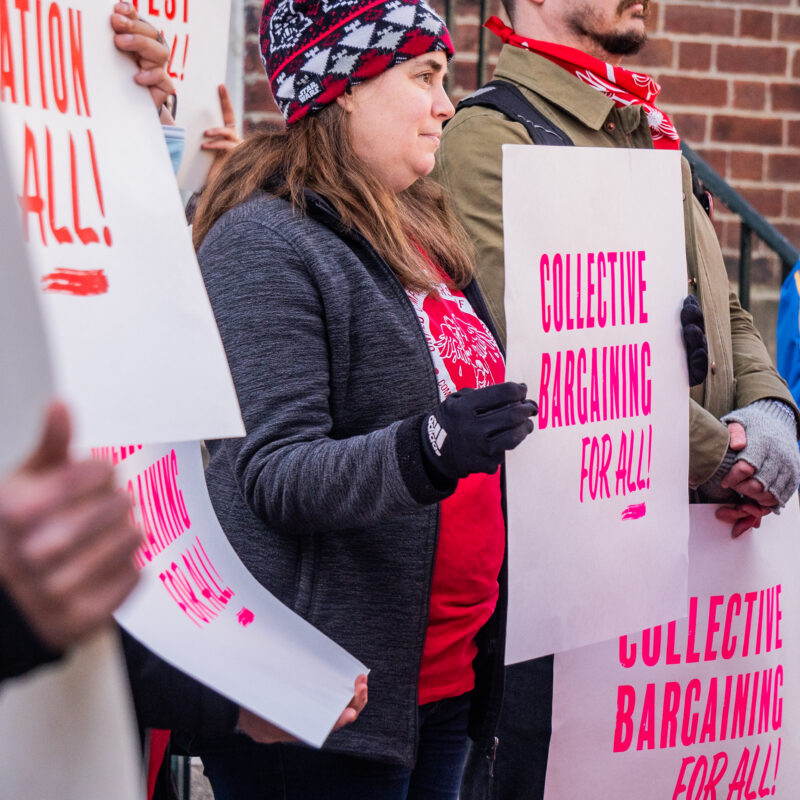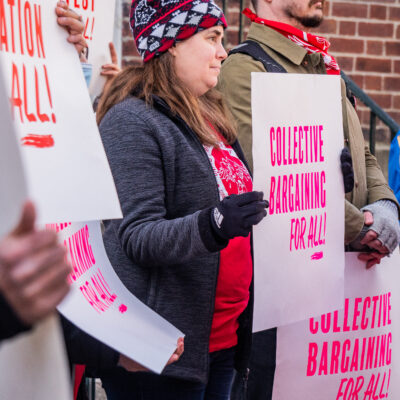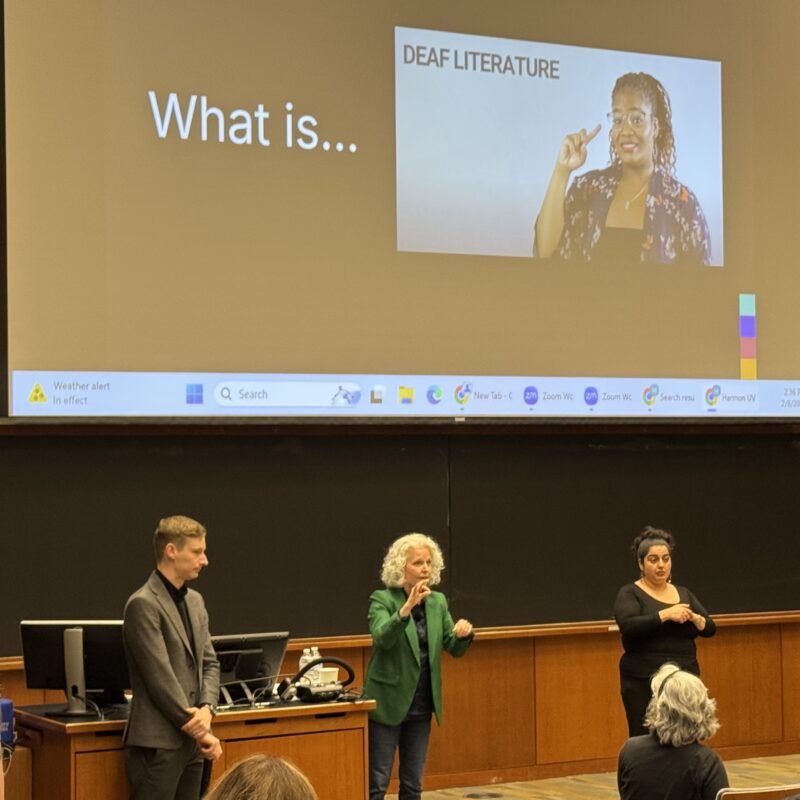So this is how it ends: not with a bang, but with a press release. The mighty George Allen, one-time high-flying Virginia governor, senator and probable presidential nominee, signals the end of his career in politics with a bland, platitude-filled missive declaring that he (quel surprise!) will not re-seek the governorship in 2009. But if you read between the boilerplate (in which Allen blathers on about the “significant ways” he hopes to “serve and contribute outside of elected office”) the real message couldn’t be more clear: Stick a fork in him, folks—he’s done.
 Thanks for the memory: George Allen, who’s announced he won’t run for governor of Virginia again, unknowinlgy ushered in a new era of cleaner politics with his 2006 “Macaca” moment. |
And really, it couldn’t have happened to a nicer guy. But we promise not to gloat too much—in fact, we come not to bury the man, but to praise him. Why, you ask? Because, the way we see it, Senator Allen’s forever-frozen-on-YouTube “Macaca” moment signaled the beginning of the end of an entire strain of reprehensible politics, and for that we thank him. It took a man of uncommon bravery (and breathtaking stupidity) to stare directly into the whirring camera of a bronze-skinned Virginia native and call him a monkey.
It was, as it turned out, a seminal moment in the history of the modern Republican party, and one that had repercussions far greater than anyone could have imagined. In fact, an argument could be made that Allen’s smug, frat-boy taunt will someday be viewed as the exact moment when Richard Nixon’s “Southern Strategy”—which secured votes for Republicans by exploiting white racial animosity over Lyndon Johnson’s civil rights legislation—began to crumble.
The funny thing is, it didn’t have to be this way. In fact, the original Elephant 2.0 blueprint called for the Party of Lincoln to become more welcoming to people of color (especially Hispanics), not less. As envisioned by “Bush’s brain,” Karl Rove, the Republican Party would secure a permanent majority by retaining its (largely white male) base while peeling off socially conservative Latinos through a combination of religious appeals and sensible immigration reform.
And for a while, Rove actually had most Republicans singing from the same hymnbook. Even former Virginia governor Jim Gilmore—a true red-state conservative if ever their was one—told United Press International on September 4, 2001, that “it would be much better to have a process, built up over time, so that people who are in this country illegally can get legal, so they can find a way to get papers so that they fit into an appropriate system.”
But then some crazy Saudi, Egyptian and Lebanese hijackers flew four airliners into three buildings (and one unsuspecting cornfield), and all bets were off. Yes, the tragedy of 9/11 united the nation, for a time, but it also brought out our bloodlust, and Rove wasted little time in turning the country’s desire to “punish the evildoers” into an electoral rallying cry.
But once you go down that nativist path, it’s hard to turn back. And if you’re willing to fudge such elemental facts as who, exactly, attacked us on 9/11 (hint: it wasn’t Saddam), you shouldn’t be surprised when some of the less tolerant members of your own party begin to turn that anger against anyone who doesn’t look like them.
And that’s where “Good Ol’ Boy George” Allen really stepped in it. See, he didn’t get the memo that appealing to voter’s racist sentiment is supposed to be done only in code (you know: “state’s rights,” “welfare queens,” that sort of thing). So he laid it right out there for all the world to see—and the world didn’t much like it. And for that, we (and the Democratic Party) owe him a huge debt of gratitude. So muchas gracias, Señor Macaca. And now, if you would, please take your shit-eating grin and your designer cowboy boots and ride off into the sunset once and for all—and don’t let the door hit you in the (horse’s) ass on the way out.





